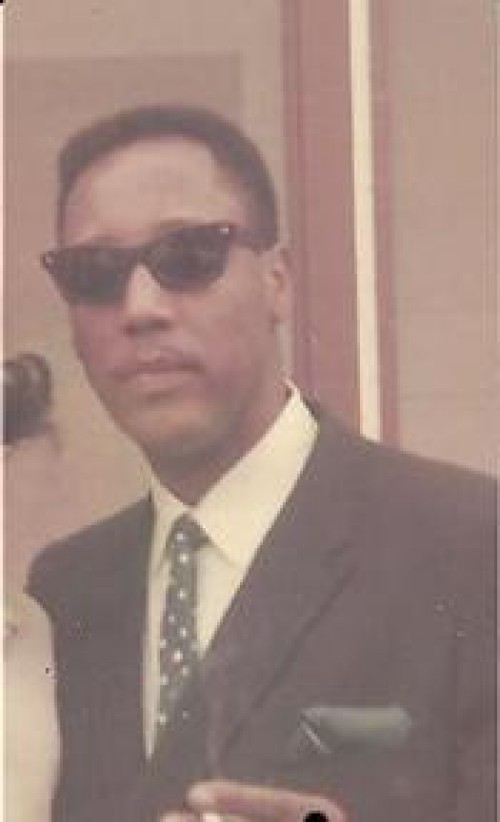
Dave’s Picks: Smooth, Rough and Beautiful
November 15, 2011
Ronald McGee
November 17, 2011Did you help with the post-BP cleanup? Did you attend the training sessions? The federal government may be looking for you.
Scientists with the National Institute of Environmental Health Sciences (NIEHS) made the rounds last week, reaching out to workers and volunteers to join a research effort to study the potential health effects from the Deepwater Horizon oil spill.
NIEHS scientist Dale Sandler, who is the principal investigator in the research project, said last week that despite 40 major supertanker spills over the past 50 years, only eight incidents have been studied for health effects. “And even then, the long-term follow-up was limited,” she told physicians and health care providers at a forum at Terrebonne General Medical Hospital.
Sandler was in town to urge those who assisted with the post-spill cleanup or otherwise experienced a high level of exposure to the oil and materials used after the massive spill to join the Gulf Study. “We intend to study workers who were right in the thick of the cleanup as well as people who were not directly involved, but still may have had some level of exposure,” she explained.
In all, Sandler said 55,000 people will be included in the study.
To be eligible, volunteers must be at least 21 years old; worked at the cleanup site for at least 1 day; or were not directly involved in the cleanup effort, but worked near the oil spill or completed some oil spill worker training.
“We’re looking at a variety of people around the site,” she said. “Those who may have delivered equipment or provided catering. The study is not limited only to those who did the actual cleaning.”
Sandler said those selected for the study will be visited by local health care providers who will conduct a clinical home visit. An in-depth health interview, blood test, general health exam and lung function testing will be conducted.
For their participation in the home visit, Sandler said volunteers will receive a $50 gift card.
“If we find that person needs medical attention, we’ll also help connect them with the appropriate resources in the community,” she said.
The Gulf Study team has begun contacting registered workers by mail. “We know of about 150,000 people who actually worked, provided support or trained to be part of the cleanup through [the Federal Emergency Management Authority],” Sandler said. “We’ll continue reaching out to those people, but we’re hoping people who live here along the Gulf Coast will also participate.
“With the confidential information that we’re able to gather, we hope to create a resource in the event of future disasters,” she said.







